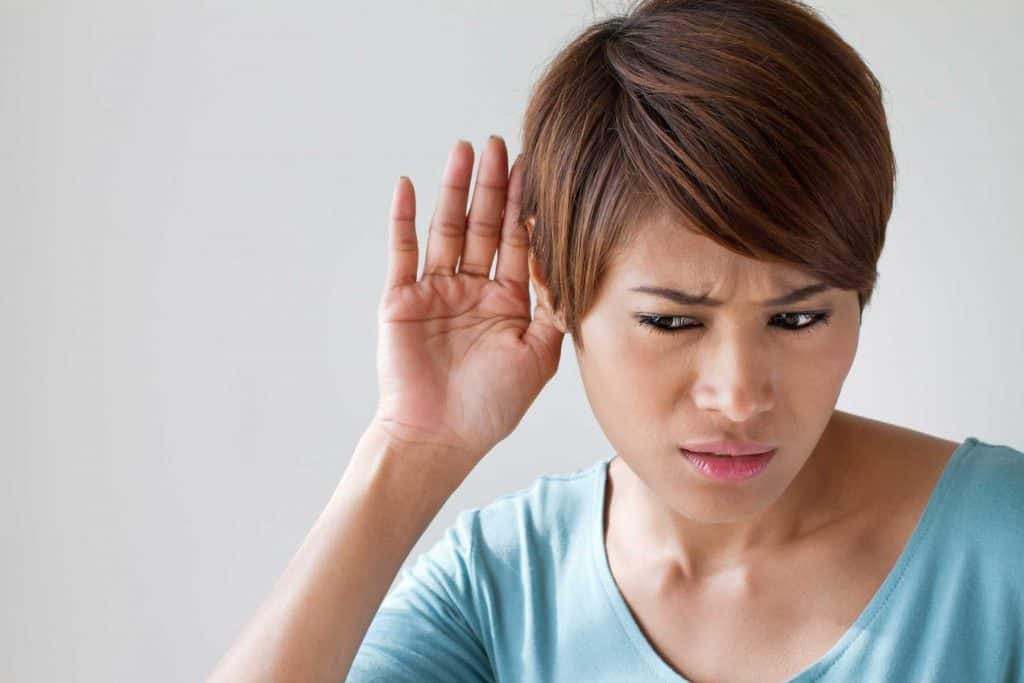
Sleep disorders are known to affect our wellbeing, but did you know the lack of sleep affects hearing also? Those suffering from insomnia, sleep apnea, and hypertension can risk developing hearing loss and worsen the symptoms of tinnitus likewise.
According to Better Health Australia, about one out of six Australians suffers from some kind of hearing loss. It’s often caused by:
- Ear infections
- Damaged eardrum
- Aging
- Conditions such as meningitis and tinnitus
- Loud noises
- Meniere’s disease
- Acoustic neuroma
- Stress
While it’s no surprise that the lack of sleep can affect our overall health, deprivation of rest and recharge can damage our hearing systems. So, how does the lack of sleep affects hearing?

Our ears vs. sleep and stress
Our ears contain several nerve endings and blood vessels that transmit information to the brain. When under stress, it can cause significant changes such as ringing in the ears, muted sounds, or damaged blood vessels. Here’s how sleep affects hearing.
Ears and poor blood circulation
Sleep deprivation can affect our cardiovascular health and induce heart problems. When the heart suffers inconsiderably, it leads to poor blood circulation in the body, including your ears.
The hair cells in the ear detect sound and send information to the brain through blood flow. Poor blood circulation can disrupt the process and cause low or loss of hearing.
Those suffering from sleep apnea also tend to have constricted blood flow which leads to sleep affects hearing.
Those with sleep apnea are at risk for hearing loss
According to a study, people with sleep apnea have a 31% increase in high-frequency hearing impairment and 90% low frequency. Further studies have been done to connect the two factors.
However, when you have sleep apnea, it doesn’t mean you’ll have hearing impairment all the same. Just take note that stress is a factor for sleep apnea as well.
Stress, trauma, and tinnitus
Tinnitus is a hearing condition where the person hears some sort of buzzing, ringing, whistling, or roaring sound when there’s no physical noise present. About 20% of Australians suffer tinnitus and it’s not that harmful at all. Usually, people who are stressed and anxious have tinnitus.
To avoid the ringing noise, you can divert your attention to other things instead. Also, try to de-stress yourself from anxious depression.

Sleep affects hearing: How to combat sleep deprivation and stress
Your hearing impairment can be minimized if you take good care of your health. Here’s how to get a good night’s sleep and keep your hearing intact.
Exercise regularly
Exercise gets your knots loosened and allows better blood flow in the body. Getting your heart the pump it needs is a good way to improve body circulation. What’s more, exercise has tons of benefits such as weight loss, better sleep, and boosts mood.
Exercising regularly helps maintain blood pressure, improve circulation, beat obesity for sleep apnea, and combat stress and anxiety. Overall, this is a go-to-sleep and stress-buster!
Stick to a regular sleep-wake schedule
To keep your circadian rhythm intact, you need to stick to a habitual sleep-wake cycle. Throwing off your sleep schedule will make you feel stressed and deprived of sleep. What’s more, it’ll decrease the likelihood of higher blood pressure, thwart brain fog, and prevents daytime fatigue.
Throwing off your sleep balance will also affect your stress hormones. Sleep affects metabolism and hormonal productions, especially with the body’s appetite signals – ghrelin and leptin. Ghrelin is a hormone responsible for increasing your appetite, while, leptin signals food satiety. Sleep deprivation mixes up the signal and increases one’s ghrelin production while lowering the leptin hormone.
Purchase quality bed products
If you want to be more comfortable at night, why not invest in quality products at Solace Sleep for a good night’s rest. We have a collection of mattresses, bed frames, and adjustable beds that will improve sleep quality and lowering some complications brought by diabetes.
An adjustable bed will do wonderfully to promote body circulation. You can fine-tune the lower half of the bed to elevate the feet. This reduces pooling since blood flow returns to the heart (due to gravity), thus reducing the strain also.
Practice good sleeping habits
You can practice good sleeping habits by doing any of the following:
1. Invest in good pillows and mattresses
2. Lower the lights when you’re about to sleep
3. Put down electronics 30 minutes before sleeping
4. Practice bedtime routine like reading, listening to music or drinking hot milk
5. Prop a pillow on your lower back or legs to support you
Change your sleep environment
Your sleep environment, a.k.a., the bedroom, itself can put a strain on your sleep. Is your room disorganized? You know what they say, “A messy room is a messy mind.”
If your room is disorganized it can create tension and worries. You might not know it, but having too many items can disturb you. Clean and organize your bedroom for a worry-free sleep!



